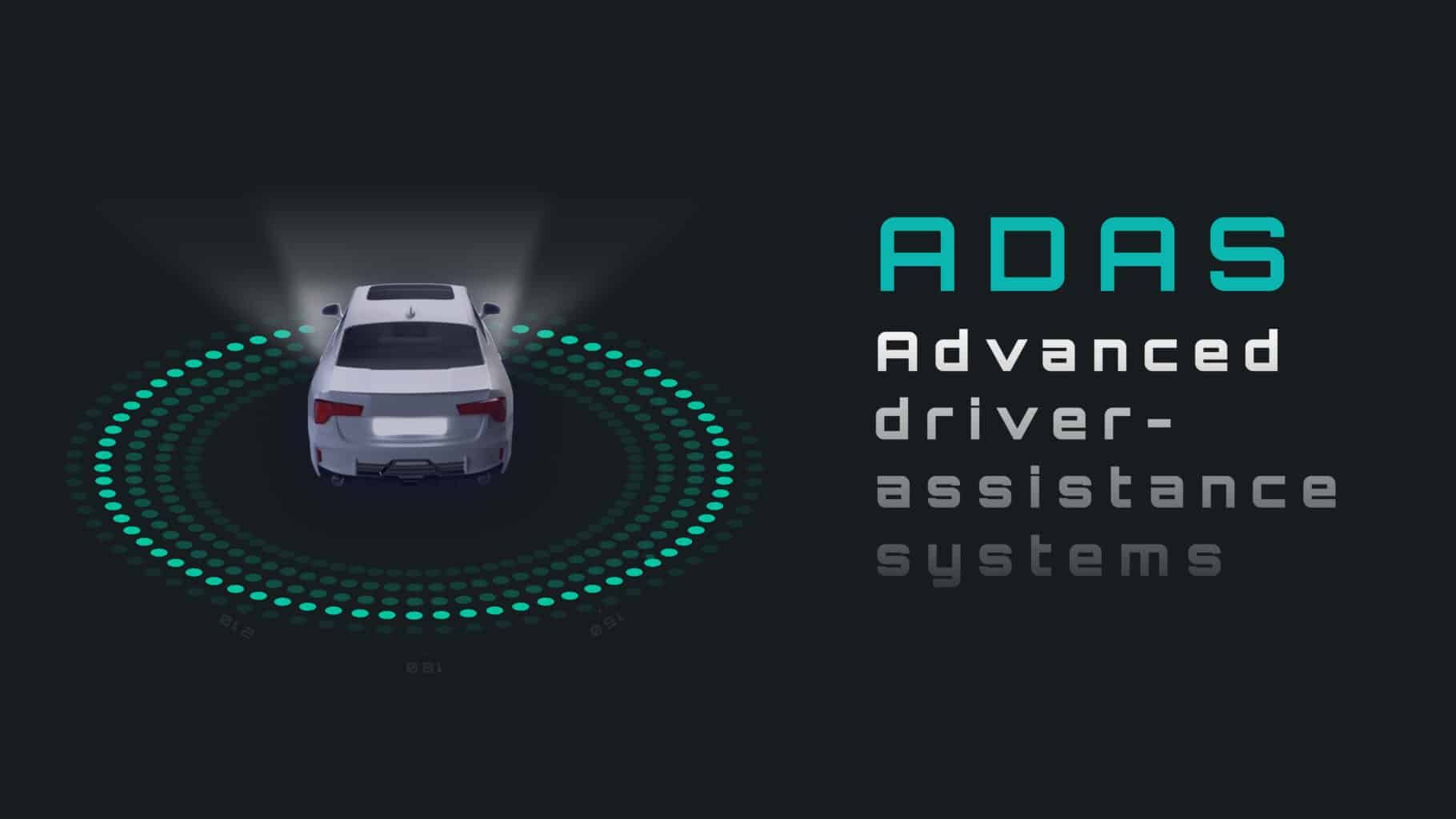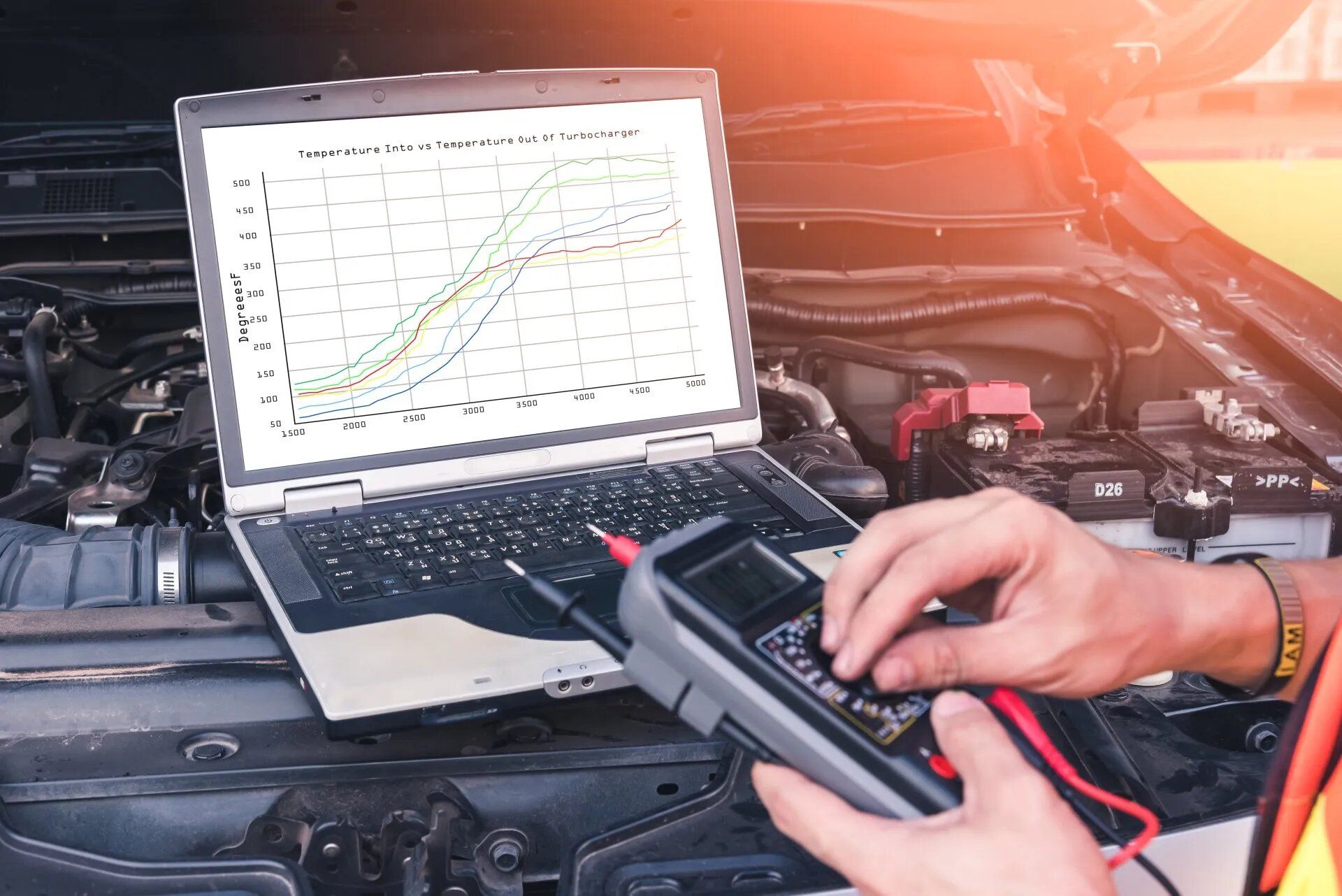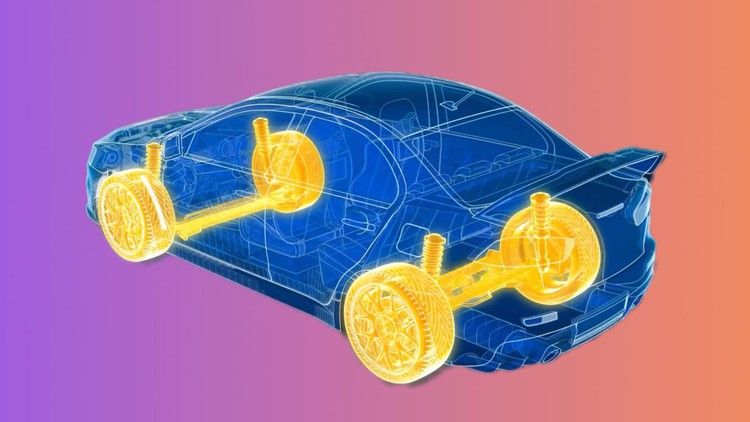Leading Udemy Courses for Aspiring Automotive Engineers
The automotive industry revolves around its constant innovation and technological advancements. It demands passionate professionals but that’s not all! You also need to be well-versed in the latest trends and technologies. This is where online education steps in. It provides an accessible platform for learning and growth. Fortunately you can find online automotive courses. They will allow you to improve your skills and knowledge.
And guess what? Udemy leads this educational revolution. It offers a range of comprehensive automotive engineering courses. From Asia and the Pacific to many other regions you can avail of the expertise delivered through these courses. This can ensure every learner finds something for their skill level and interests.
You can avail of Udemy's flexible online learning format. This can help you dive into the intricacies of automotive systems. You can explore cutting-edge technologies in vehicle design. Understanding the principles of engineering that drive the automotive industry forward is easy. Udemy's courses offer the perfect blend of knowledge and application. But with so many courses which ones should you start with?
Don’t worry we have you covered!
This blog will walk you through the top courses in automotive engineering by Udemy. We will assist you in picking the right course. We want to fuel your passion and pace up your career in this exhilarating field. So embark on a journey with Udemy.
1 Advanced Driver Assistance Systems (ADAS)

Advanced Driver Assistance Systems is one of the top automotive courses available online. They focus on Advanced Driver Assistance Systems (ADAS). This course offers an in-depth look at over 20 ADAS systems. You will also learn about their role in advancing autonomous driving technology. It explores the various sensors used in ADAS. These include Radar Camera Lidar and Ultrasonic. It also discusses the industry-standard methods for testing these systems.
What's Inside the Course?
- Comprehensive coverage of ADAS technologies and systems
- Insight into the sensors and testing methods used in ADAS
- The interplay between ADAS and autonomous vehicle development
Who Should Go For It?
- Professionals and students aiming to excel in Automotive Engineering Training
- Individuals who are passionate about ADAS and vehicle safety technologies
What You Need to Know Beforehand?
- Requires no previous knowledge.
- A computer and an internet connection
2 Automotive Starting System Operation and Schematic Diagnosis

This course is designed for beginners intermediate learners and DIY enthusiasts. It focuses on teaching the operation and diagnosis of automotive starting system faults using electrical schematics. The instructor simplifies complex concepts. It provides a structured process for quick and accurate diagnostic results. This course is an excellent resource for understanding basic and intermediate starting system schematics and the components of a starter motor.
What's Inside the Course?
- In-depth knowledge of starting system operation and schematics
- Diagnostic principles for automotive electrical systems
- Techniques for effective troubleshooting and diagnosis
Who Should Go For It?
- DIY enthusiasts eager to learn about starting system schematics
- Students seeking a systematic approach to automotive electrical diagnostics
What You Need to Know Beforehand?
- No prior experience is necessary though previous electrical courses are beneficial
- A basic comfort level with hands-on automotive tasks is advantageous
3 Do it Yourself - Automotive Electrical Diagnosis - Beginner

It is perfect for DIY enthusiasts. It covers the base of automotive electrical systems. It includes the ones focusing on understanding. It also chooses ones applying electrical schematics for effective vehicle diagnostics.
What's Inside the Course?
- Fundamentals of automotive electrical schematics
- Step-by-step diagnostic techniques for electrical issues
- Practical applications and examples for hands-on learning
Who Should Go For It?
- DIY enthusiasts and beginners in Automotive Engineering Training
- Individuals interested in basic automotive electrical systems
What You Need to Know Beforehand?
- No prior experience in the automotive or electrical fields
- Curiosity to learn and execute automotive diagnostic techniques
4 ISO 26262 Crash Course: Functional Safety Mastery

Master the essentials of Online Automotive Courses. There is a focus on functional safety particularly ISO 26262. This is a 4-hour crash course. It covers key aspects of automotive safety processes FMEDA and hardware metrics. It offers insights into integrating these principles into daily workflows. It also helps to cultivate a safety-oriented culture in automotive engineering.
What's Inside the Course?
- Comprehensive understanding of ISO 26262 and functional safety
- Insights into automotive safety processes and FMEDA
- Techniques for Hardware Metrics Evaluation
Who Should Go For It?
- Automotive software engineers and project managers
- Professionals focusing on automotive safety standards
What You Need to Know Beforehand?
- Basic understanding of software and hardware engineering concepts
5 Automotive Engineering: Automobile Fundamentals and Advanced

This course provides a deep dive into Automotive Engineering Training. It covers everything from the mechanics of cars to the design and operation of engines. Transmission systems and chassis are also a part of it. It can help grasp the fundamental and advanced aspects of automobile components. It can also help learn about their purposes and the underlying physics.
What's Inside the Course?
- In-depth understanding of automotive engineering principles
- Knowledge of car mechanics including engine and transmission
- Insights into chassis design and materials science
Who Should Go For It?
- Individuals seeking comprehensive knowledge in automotive engineering
- People interested in the mechanics and design of automobiles
What You Need to Know Beforehand?
- Basic physics knowledge (high school level) is helpful
- A keen interest in automotive and automobile engineering
6 Advanced Functional Safety: ISO 26262 Part 3 Concept Phase

It is a leading course in Automotive Engineering Training. This course delves into ISO 26262 Part 3. It has a focus on the concept phase of automotive functional safety. It provides a detailed guide on creating the Item Definition. It also covers performing Hazard Analysis and Risk Assessment. It also helps develop Functional Safety Requirements using real-world examples and applications.
What's Inside the Course?
- Extensive knowledge of ISO 26262 at the concept phase
- Skills in Hazard Analysis Risk Assessment and Safety Requirements
- Understanding of the development model proposed by ISO 26262
- Who Should Go For It?
- Functional Safety Engineers and Managers
- FMEA Moderators and Project Managers in the automotive industry
What You Need to Know Beforehand?
- Basic knowledge of automotive engineering
- Familiarity with ISO 26262 is beneficial
7 Automotive Engineering - NVH Essentials

This course focuses on Noise Vibration and Harshness (NVH). It is a critical Online Automotive Course. It provides the theoretical foundations of vehicle refinement. It also explores state-of-the-art methodologies applied across the automotive industry. Learners will gain essential concepts. You will also get deep insights into NVH and understand the theory of vibration. You can also learn about different approaches and methods in NVH development.
What's Inside the Course?
- Criticality of NVH in automotive design and engineering
- Theoretical knowledge of vehicle refinement and vibration phenomena
- State-of-the-art simulation techniques from the industry
Who Should Go For It?
- Engineering students fresh graduates and professionals seeking a career in automotive/aerospace
- Science enthusiasts who want to solve noise and vibration problems
What You Need to Know Beforehand?
- Knowledge of high school physics (vibrations)
- A passion for automotive engineering
8 Theory of Road Vehicle Motion

Delve into vehicle dynamics and automotive engineering through this course. It is a key component of Automotive Engineering Training. It covers the forces that act on road vehicles and the modeling of these forces. It includes an in-depth analysis of vehicle statics and dynamics. The course also has a glimpse of the basics of road vehicle aerodynamics.
What's Inside the Course?
- Understanding of forces acting on road vehicles
- In-depth analysis of traction dynamics and resistances to motion
- Basics of road vehicle aerodynamics
Who Should Go For It?
- Mechanical engineers traffic engineers and automotive enthusiasts
- Software developers in the automotive and video game industries
What You Need to Know Beforehand?
- Medium level of English know-how
- Some knowledge of Microsoft Excel or something similar
9 Vehicle Dynamics

This course offers a thorough study of vehicle dynamics. It covers defining and analyzing aerodynamic drag rolling resistance and gradient resistance. That is crucial in designing and operating efficient high-performing automobiles. The course enables students to understand and compute various concepts. These include the traction power torque and energy requirements of vehicles.
What's Inside the Course?
- Definitions and analyses of aerodynamic drag gradient resistance and rolling resistance
- Techniques to compute traction power torque and energy in vehicles
- Insights into various vehicle acceleration scenarios
Who Should Go For It?
- Beginners are eager to understand and compute vehicle dynamics
- Individuals interested in the engineering and performance of vehicles
What You Need to Know Beforehand?
- Need no prior knowledge about vehicles
10 Introduction to Automotive Engineering - Performance

This course covers the basics of vehicle performance. It is a crucial part of online automotive courses. It covers acceleration handling and braking performance with NVH and ride vibrations. Learners will also understand the aspects related to structural strength. You will know about the factors affecting the fuel economy of IC engine vehicles.
What's Inside the Course?
- Understanding of acceleration handling and braking performance in vehicles
- Insights into NVH ride vibrations and vehicle durability
- Factors influencing the fuel economy of IC engine vehicles
Who Should Go For It?
- Engineering students and enthusiasts wanting to deepen their knowledge
- Individuals looking for performance criteria of vehicles
What You Need to Know Beforehand?
- Basic knowledge of automotive engineering
- Understanding of basic mathematics and physics
Conclusion
It’s time we conclude the leading automotive engineering courses by Udemy. Automotive engineering offers a rich tapestry of learning opportunities. It can help those keen to delve into this dynamic field. Each course highlighted in our blog represents a unique facet of automotive expertise. These can be ideal for students, professionals, or enthusiasts in the automotive domain. These courses stand as a testament to the depth and breadth of knowledge.
The journey into automotive engineering is about acquiring technical know-how. It also revolves around embracing a world where innovation, technology, and passion intersect. These courses offer more than academic insights; they are pathways to real-world application. These ensure that learners can face the challenges and advancements in the industry. The field continues to evolve with new technologies and methodologies. Staying abreast of these changes through continuous learning becomes imperative.
In summary, The Nerd Series is proud to have guided you through this diverse array of Udemy courses. Each plays a pivotal role in shaping the next generation of automotive engineers. So, gear up, and immerse yourself in these rich learning experiences. Drive your automotive aspirations to new heights. There are the best online courses on Automotive by Udemy.
Also, if you liked this blog, stay in touch with The Nerd Series.



